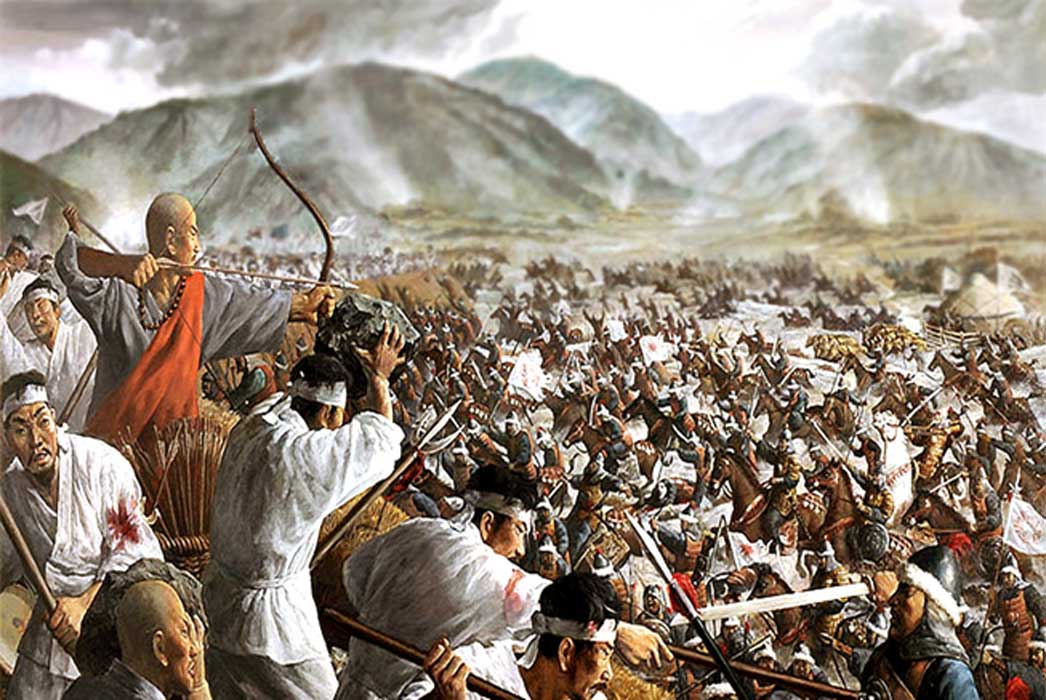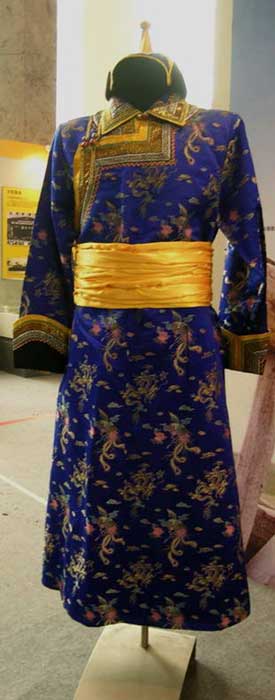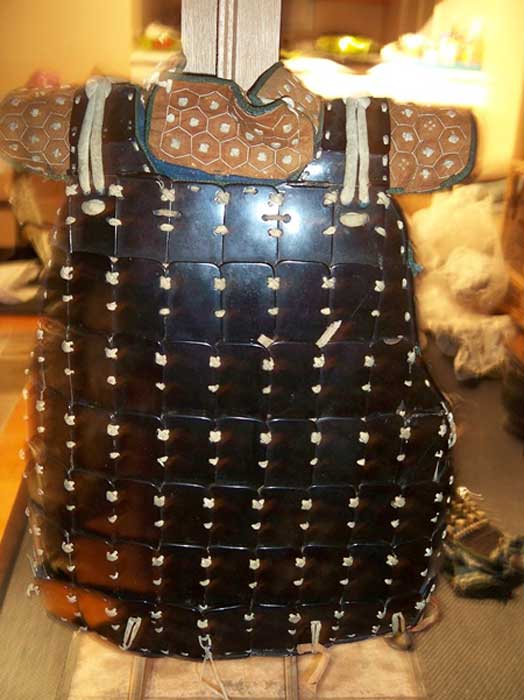
How Did They Do It? Masters of the Steppe: The Gear and Guts of the Mongol Military—Part I
Much is known about the ancient Mongol military and their incredible victories on the battlefield, but little is ever discussed about their arms, armor, horses, and logistics. What gear did they use? How did they deal with their wounded? How did they partner with horses to become masters of the steppe?
Indeed, it’s said there was no separate word for ‘soldier’ in the Middle Mongol language, meaning that the society was so adept at survival and conquering that there was little difference in preparedness between a civilian and a warrior. This may have been one of the keys to their adaptability, and ultimate success.
Here we take a detailed look into the Mongol military apparatus (Arms, Armor, Supplies, Horses, and Medicine): How did they do it?
The Lightning-Quick Light Cavalryman
The attire of the Mongol light cavalryman was no different from his everyday outfit. The Mongol warrior’s attire was practical, in the sense that its main function was to protect him from the harsh conditions of the climate he traversed. His undershirt was long with wide sleeves. His attire consisted of a heavy, double-breasted knee-length coat called deel or degel.

A Mongolian coat, or deel (CC BY-SA 3.0)
This coat was secured with a button a few inches below the armpit and was fastened by a leather belt at the waist. Furthermore, the Mongols utilized two types of coats. One was a heavy coat for the colder seasons but they also wore a coat to keep them dry from the rains during the warmer seasons. As for material, Flemish Franciscan monk, William of Rubruck (1210-ca. 1270) said that the “poor make their outside (gowns) of dog and kid (skins).” As for pants, Rubruck mentions that they “make also breeches with furs,” and “line their clothes with cotton cloth, or with the fine wool which they are able to pick out of the coarser.”
- The Eagle Huntress: Ancient Traditions, and Evidence for Women as Eagle Hunters – Part I
- Finding the Legendary Mongolian Death Worm
- Military stronghold for Mongolian Conqueror Genghis Khan Found by Archaeologists
- Kublai Khan: Mongol Warrior, Horseman, Hunter and Powerful Emperor
When it comes to armor, many Mongols did not wear much, particularly lamellar. The reason was that the role of the light cavalryman was to be light, flexible, agile, and above all, fast.

This Japanese lamellar cuirass was typically too heavy for light cavalry (CC BY-SA 3.0)




